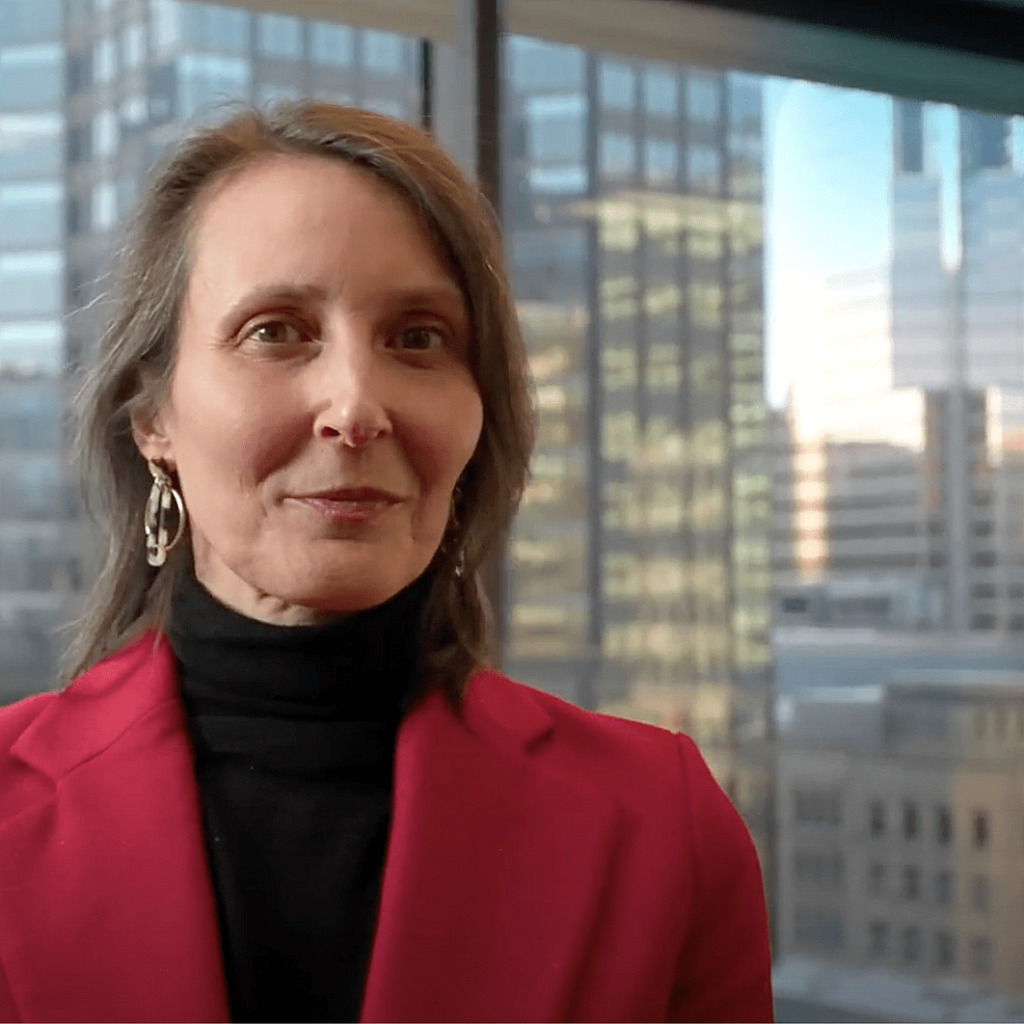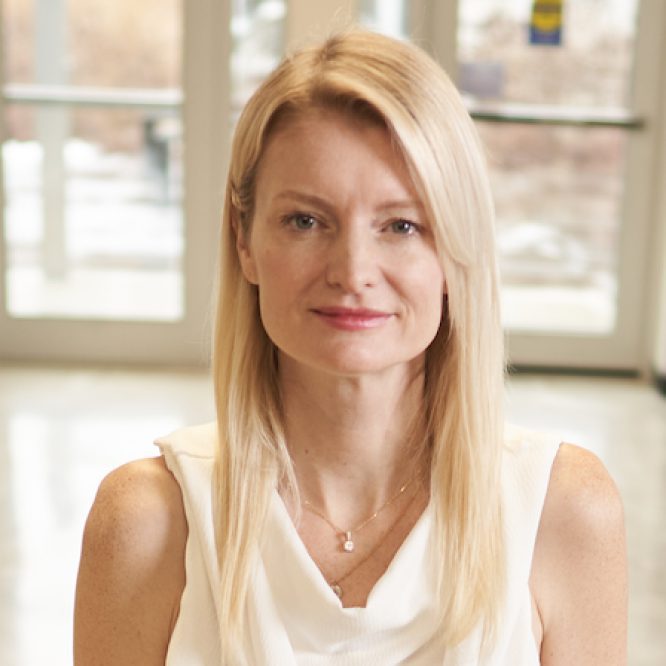
MAY 6 – 12
MENTAL HEALTH WEEK
The next generation is counting on us.
By the time people in Canada reach 40 years of age, 1 in 2 have, or will have had, a mental illness.
It is crucial that we prioritize transparent and independent scientific research to fully understand the consequences for the brain.

Social media is designed to be addictive – and it is threatening our children’s well-being
The initial promise of social media was to connect us to friends and family, to let us build and join communities, and to bring us together. This experience was replaced by individual echo chambers meant to keep us engaged but dangerously isolated.

Excessive social media use during the COVID-19 pandemic exacerbated adolescent mental health challenges
During the COVID-19 pandemic, young people were drastically affected by the sudden shift to a digital world and the explosion of a reliance on screens.

“What was supposed to
connect young people
stuck at home left many
feeling more alone.”
– Dr. Viviane Poupon
Brain Canada President and CEO
Playing with Marbles: Six episodes, six people, six mental health conditions
Young people are especially vulnerable to mental illness. Whether due to societal pressures, post-pandemic stress, or the current political climate, young Canadians often find themselves grappling with mental health issues at disproportionately high rates. This season of Playing with Marbles, a Brain Canada – Vocal Fry production, produced with support from RBC Future Launch, is all about young people and their mental health.



WATCH: Using functional brain scans to study child psychiatric disorders
Dr. Tamara Vanderwal uses movies to study complex patterns of brain function in child psychiatric disorders. This helps children who have a hard time staying still inside the MRI machine, so she can study the brain as it processes complex streams of information the same way that it does in real life.
Up to 70 percent of mental health challenges begin during childhood or teenage years.
Only 42 percent of youth in Canada aged 15 to 24 years old reported having excellent or very good mental health in the spring of 2020, compared to 62 percent in 2018—the largest drop of any age group.
The next generation is counting on us to step up today and support the bold and audacious brain research that will enable them to live the healthy lives they deserve.



